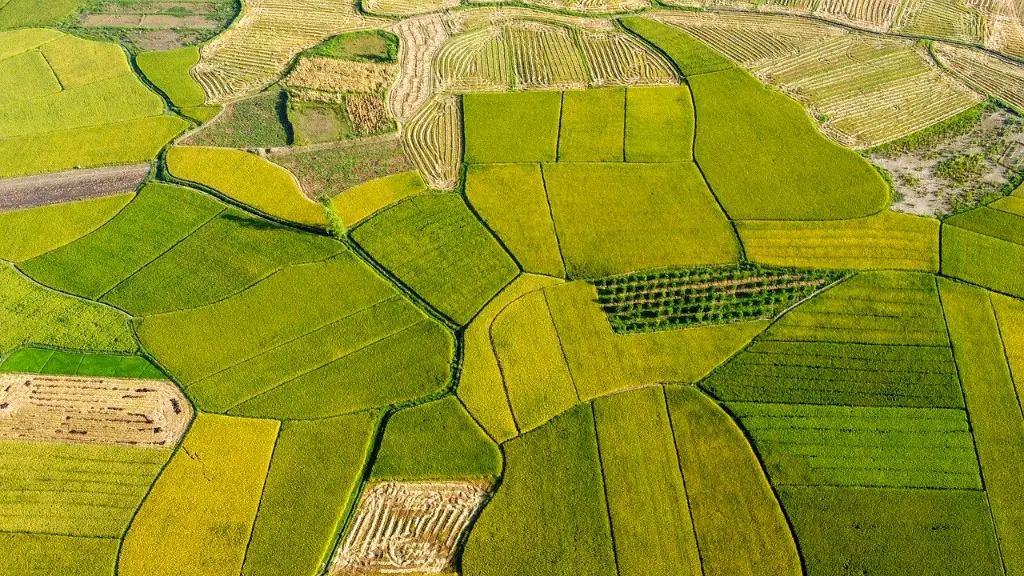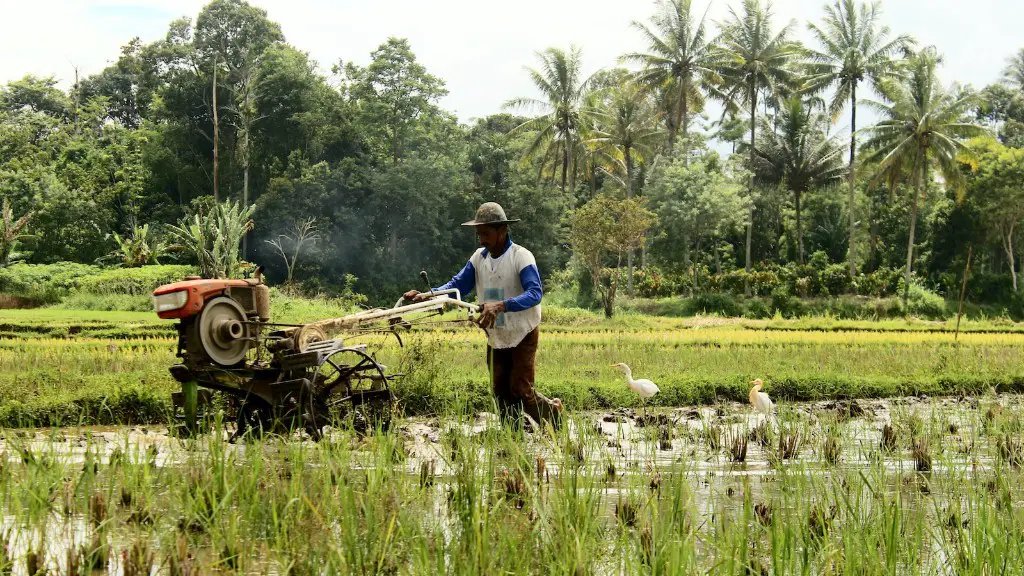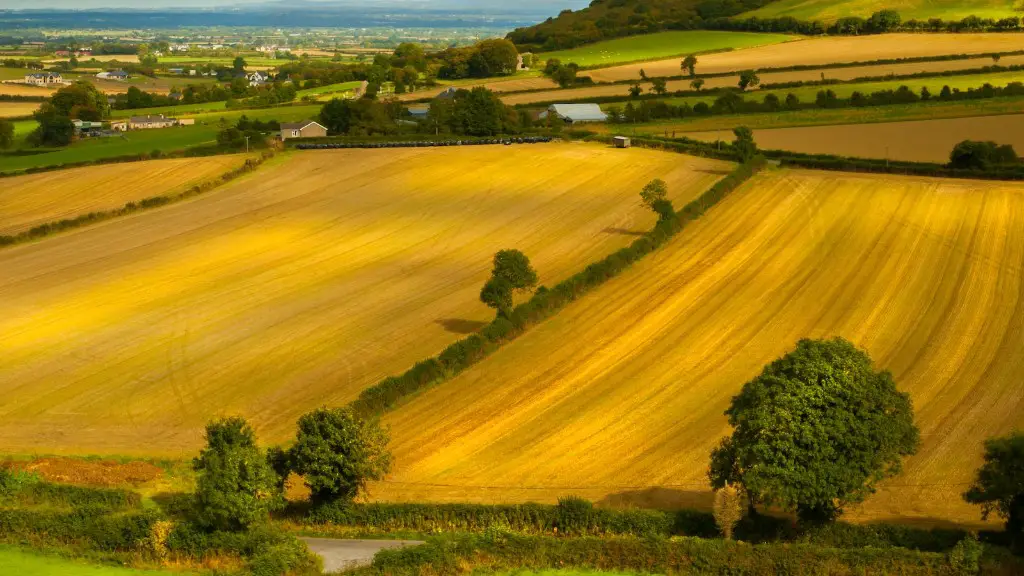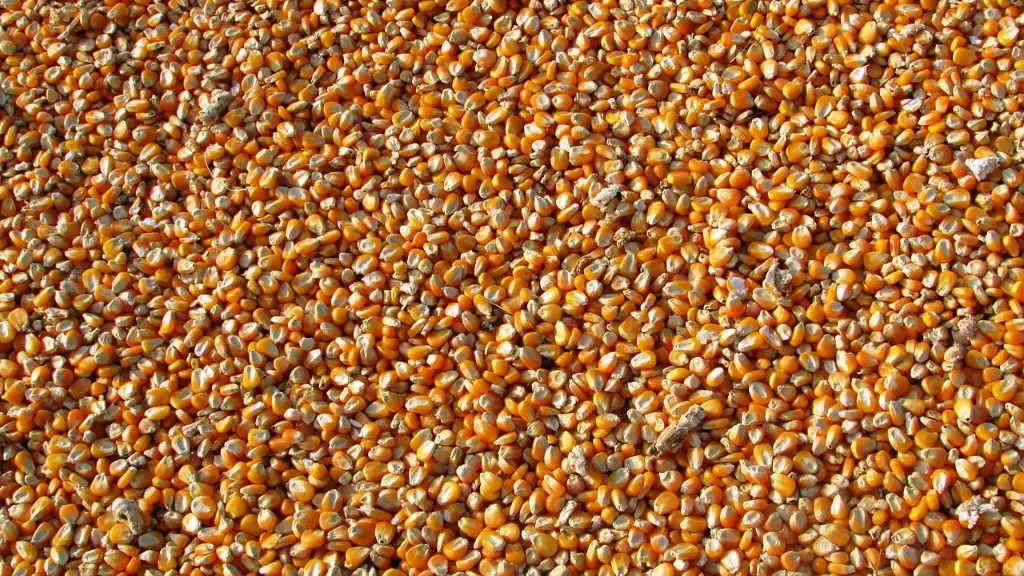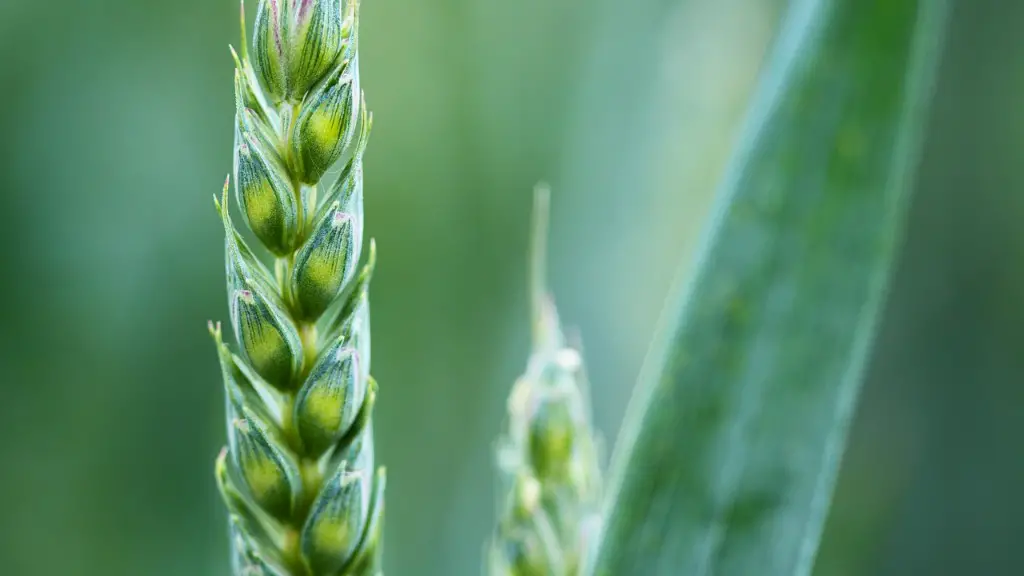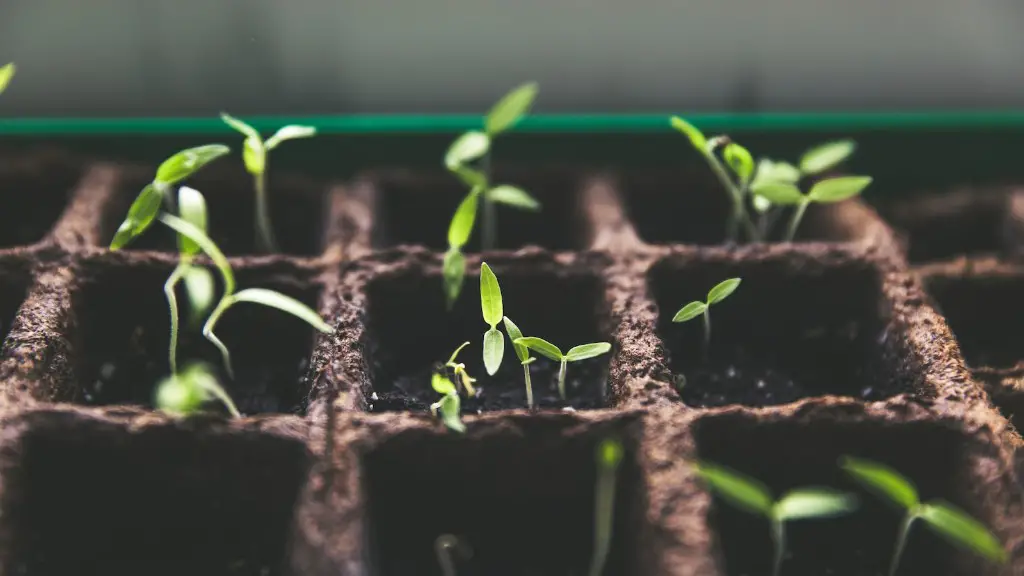Biotechnology plays a significant role in the agriculture industry, from providing more food options to increasing crop yields. Altering the genes of crops to make them resistant to pests and disease is a common application of biotechnology in agriculture. Other uses of biotechnology in agriculture include developing plants that require less water or are more tolerant to extreme weather conditions. Ultimately, biotechnology in agriculture can help to ensure a consistent and reliable food supply for a growing population.
There is a big debate over how biotechnology affects agriculture. Its proponents say that it leads to higher crop yields and more resistant crops, while its detractors say that it can lead to unforeseen consequences, such as the development of herbicide-resistant weeds.
What are three examples of how biotechnology might be used in agriculture?
Biotechnology is the use of living systems and organisms to develop or make useful products, or “any technological application that uses biological systems, living organisms or derivatives thereof, to make or modify products or processes for specific use”
The term is often used in a narrow sense to refer to the development and use of genetically modified crops and animals, but it also includes other technologies such as fermentation, cell culture, monoclonal antibodies, and more.
Here are 5 examples of how biotechnology is used in agriculture:
1. Genetically modified crops: Crops that have been genetically modified (GM) to have desired traits, such as resistance to pests or herbicides, are an important application of biotechnology in agriculture.
2. Developing of biofuels: Biofuels such as ethanol and biodiesel can be produced from crops, and biotechnology is being used to develop more efficient ways to make these fuels.
3. Improving plant growth: Biotechnology is being used to develop plants that grow faster and have improved yields.
4. Improving plant seed quality: Seeds can be treated with biotechnology to improve their quality and make them more resistant to pests and diseases.
Products developed with agricultural biotechnology have the potential to reduce greenhouse gas emissions in a number of ways. For example, crops grown as biofuels can help to displace fossil fuels, and fruits and vegetables that stay fresh longer can reduce food waste. In addition, agricultural biotechnology can help to improve soil health, which can in turn help to sequester carbon and reduce emissions.
What are the pros and cons of biotechnology in agriculture
There are both pros and cons to agricultural biotechnology. The pros include the potential to increase crop yields, reduce pesticide use, and make crops more resilient to climate change. The cons include the potential for negative impacts on human health, the environment, and biodiversity. It is important to consider both sides before making a decision about whether or not to use biotechnology in agriculture.
Genetically modified crops (GMCs) have been created by transferring genes from one organism to another in order to introduce new traits to the crop. These new traits could be beneficial to farmers, such as pest or disease resistance, or tolerance to environmental stresses. GMCs have the potential to improve crop performance in the field, but there is still some debate about their safety and efficacy.
What is the disadvantage of biotechnology in agriculture?
There is a possibility that genetically modified crops will not be viable in the long term due to environmental factors. Genetically modified plants or microorganisms could spread their genetic information throughout an ecosystem, resulting in negative consequences such as reduced biodiversity.
Although biotechnology has produced many benefits for humanity, its applications have also resulted in some undesirable consequences. These include diminished species biodiversity as well as diminished agrobiodiversity, environmental contamination, and the exploitation of intellectual property rights and patents. While some of these effects can be mitigated through careful regulation and oversight, others may be more difficult to address. As we continue to develop and use new biotechnologies, it is important to be aware of these potential consequences and take steps to avoid or mitigate them.
What are the negative impacts of agricultural technology?
It is undeniable that agricultural technologies have had a negative impact on the environment. Through soil degradation, air and water pollution, loss of biodiversity, and the disruption of food webs, agricultural technologies have had a detrimental effect on the planet. However, it is important to note that these technologies have also had a positive impact on the environment. Through the increased production of food, the increased efficiency of food production, and the increased security of the food supply, agricultural technologies have had a positive impact on the environment.
Biotech production is a risky and expensive proposition, and investors are often hesitant to put their money into new and unproven products. This challenge can be overcome by creating a strong business case for the product, demonstrating a clear path to market, and securing committed investment from a lead investor.
The FDA has stringent requirements for new drugs and medical devices, and these requirements can be a challenge for small biotech companies. One solution is to partner with a larger company that has experience navigating the FDA approval process.
The biotech supply chain is often complex and uncertain, and this can create risk and delay for production. One way to mitigate this risk is to work with experienced contract manufacturers who can provide a reliable and cost-effective supply of raw materials.
There is a limited pool of experts in the biotech industry, and this can make it difficult to find the right skills and talent for a new project. One solution is to partner with a university or research institute that has experience in the relevant field.
What are the 10 disadvantages of biotechnology
Biotechnology has a few disadvantages that could have serious consequences if this technology is not used responsibly. One of the dangers of biotechnology is the potential for creating crop blight. If a crop is genetically engineered to be resistant to a certain disease or pests, and then that disease or pests mutates, the crop could be wiped out. Another downside to biotechnology is the lack of genetic diversity. If a crop is engineered to be resistant to a certain disease, and that disease does not mutate, the crop will do fine. However, if the disease does mutate, the crop could be wiped out because there would be no other genetic diversity to fall back on. Additionally, biotechnology can lead to soil infertility. If a crop is engineered to be resistant to a certain pesticide, the pesticide could potentially build up in the soil and make it infertile. Finally, biotechnology is still a field of uncertainty. There is a lot we do not know about the long-term effects of genetically engineering crops and animals. It is possible that we could create unforeseen problems that could have devastating consequences.
There are many reasons to pursue a career in biotech, both pros and cons. Some people choose this field because they want to make a difference and help others. Others may be attracted to the financial perks and job security that a career in biotech can offer. However, there are also some downsides to this field, such as the emphasis on deadlines and expensive travel. Ultimately, it is up to the individual to decide whether a career in biotech is right for them.
What technology has had the biggest impact on agriculture?
The automation of irrigation systems has had a profound impact on agriculture. These systems have revolutionized how water is supplied to crops, improving the efficiency of water distribution and the quality and quantity of agricultural production.
Climate change is one of the great challenges of our time, and farmers will need to adapt to ensure that they can continue to produce food in a changing climate. One of the key challenges will be water – as farming uses 70% of the world’s fresh water, and climate change is likely to lead to more extreme weather conditions and less predictable rainfall. Another key issue will be emissions – agriculture, forestry and other land use causes 23% of greenhouse gas emissions, and farmers will need to find ways to reduce these emissions. Biodiversity is also a key concern – as climate change threatens many species of plants and animals, and farmers will need to manage their land to help protect these species.
What are the biggest threats to agriculture
Climate change is a huge problem that is only going to get worse. It is estimated that millions of acres of land will be lost each year due to extreme weather conditions, like droughts, heat waves, floods, and superstorms. This will have a devastating impact on the environment, as well as on the economy and human health. We need to take urgent action to mitigate the effects of climate change and prevent further damage.
Biotechnology has led to the development of Insulin which has replaced the use of insulin isolated from pigs. This is because some patients are allergic to pigs. Other treatments created by biotechnology include interferon therapy, human growth hormone, and the hepatitis B vaccine.
What are the risks of biotechnology to the environment?
It is important to be aware of the potential harms that micro-organisms can cause. Such harms include being toxic to other organisms, and/or infecting these organisms and causing disease (pathogenicity). Micro-organisms have a relatively high propensity to transfer genetic material by non-sexual means (horizontal gene transfer) and genetic recombination. This can result in the emergence of new strains of micro-organisms that are more virulent and/or resistant to antibiotics and other treatments.
Biotechnology has many advantages, including lowering our environmental footprint and helping treat disease and illness. However, it also has some disadvantages, including ethical, safety, bioterrorism and environmental issues.
ethical concerns include the potential to create “designer babies” and the exploitation of human genetic material. Safety concerns relate to the possibility of accidentally creating harmful organisms or releasing them into the environment. Bioterrorism worries stem from the potential to use biotechnology for malicious purposes, such as creating deadly viruses. Environmental concerns include the possibility of harming ecosystems or creating “super invasive” species.
Despite these concerns, biotechnology has the potential to do a lot of good. For example, it can help us develop more efficient and environmentally friendly ways to produce food, energy and medicines. It can also help us clean up toxic waste sites and decontaminate contaminated water supplies.
Warp Up
Biotechnology has had a big impact on agriculture. It has helped farmers to produce more food and to do so more efficiently. It has also made it possible to grow crops in places where it was once not possible.
Biotechnology has had a positive effect on agriculture. It has allowed farmers to be more efficient in their production and has also provided them with new tools to fight pests and diseases. Additionally, biotechnology has helped to create new and improved crops that are more resistant to pests and drought.
